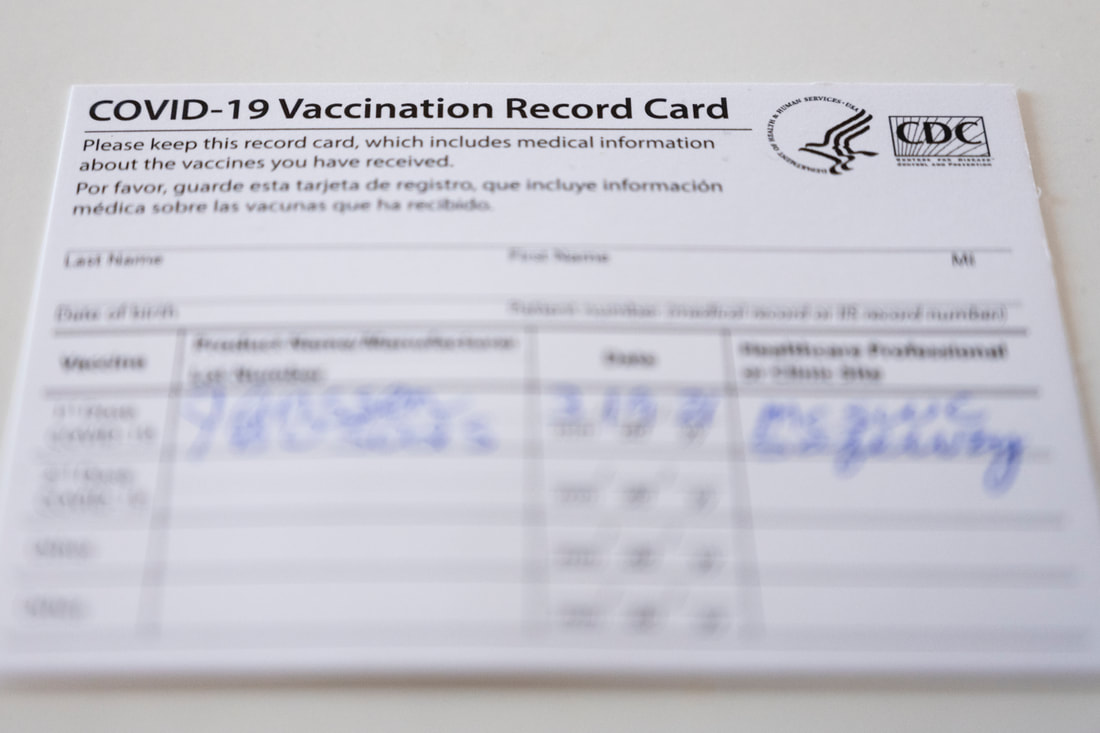|
HIPPA privacy laws complicate the implementation of COVID-19 prevention policy at Saint Mary’s
By Kiera O’Hara-Heinz News Reporter With the return of students to campus, life may appear to be returning back to normal, but with three COVID-19 cases on campus within the last fourteen days and 25 cumulative cases this semester, the pandemic is not over yet. To protect students, Saint Mary’s has instituted a number of policy measures and precautions. Yet, with two major measures—the vaccine mandate and contact tracing—enforcement is lax and the responsibility belongs to the students. While scrolling through the COVID-19 News and Resources page on Saint Mary’s website, students can find the form to self report a positive COVID-19 test result. This form asks students a range of questions, including a question asking them to list their recent contacts with whom they were within six feet of for fifteen minutes or more. Because of this current system, students are only notified that they have been exposed to COVID-19 if they have been listed. According to Gina Zetts, the project manager for Saint Mary’s COVID-19 coordination council, the issue of contact tracing can be further complicated in a classroom setting, where a lack of assigned seats can make exposure to coronavirus unclear. Nonetheless, a “shared classroom space won't necessarily mean a close contact” Zetts says that the responsibility of notifying the contact tracing team of possible exposures belongs to the person who tested positive. If the student is unwilling or unable to give information to the contact tracing team, the team will then work with the faculty member in a class. Despite this, students could have a classmate test positive for COVID and not be notified. Zetts says that this is because of privacy laws that are meant to protect the identity of the person who tested positive. HIPPA privacy laws have led to other complications in Coronavirus prevention policy. According to the San Francisco Chronicle, nearby schools like San Francisco State, Stanford, and UC Berkeley have had trouble verifying the authenticity of vaccination cards. Few local schools are matching the cards against the state of California's immunization records. The records are only available to health center employees due to HIPPA privacy laws, which minimizes the workforce for this task. At Saint Mary’s, the health center has been working in conjunction with Contra Costa County to verify the authenticity of vaccination cards. According to Zetts, vaccination cards from within Contra Costa County have been easy to verify, but cards from outside the county have been more difficult to check against immunization records. Senior Liesl Pieters from Belgium was surprised by how basic the process for COVID-19 vaccination cards are in the United States, and thinks it is a bit too simple. “A vaccination card is not seen as an official document in Belgium,” Pieters said. “We all have to get a Covid-19 vaccination certificate from the European Union that is used for bars, restaurants, and travel. The document has a QR code that cannot be faked and must go through a whole verification process.” Despite the possibility for unvaccinated students and faculty to submit fake vaccination cards, Zetts does not believe that this is a serious issue on campus, and instead thinks that this all comes down to trusting one another. “Although we're continuing to do our best as cards come in,” Zett said, “at some point, we need to trust our community, trust our students that they're being honest with us, and trust that they're holding themselves to as high standards as we are”. SMC Junior Skyler Clouse disagrees, believing that Saint Mary’s is putting too much trust into its students and should have more rules for who is allowed to come on campus while the pandemic is still going on. “Although we should be able to trust our student body and faculty members when it comes to vaccination against Covid-19, there are always people who abuse our trust and can bring the virus onto campus,” Clouse said. Pieters feels confused about the possible lack of verification of vaccine cards since she returned to campus with the assumption that everyone would be vaccinated. “They were so strict about saying you cannot come on campus if you were not vaccinated, but in the end it does not seem like they are really verifying anything,” Pieters said. Clouse’s objections on the schools policy of “trusting students” extends to the exemptions students and faculty could file to avoid getting vaccinated. She believes that while religious liberties should be respected, they should not be held in a higher regard than peoples safety and health. “If you’re not getting vaccinated, respect the rest of your community and don’t come to campus until the pandemic dies down,” Clouse said.
0 Comments
Leave a Reply. |
StaffMadison Sciba '24, Archives
November 2023
Categories |


 RSS Feed
RSS Feed